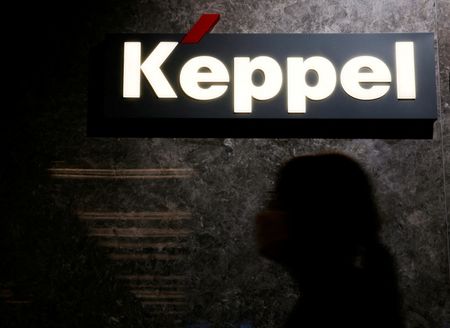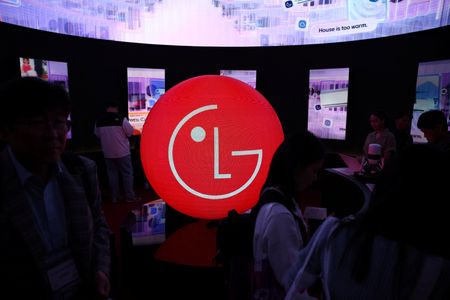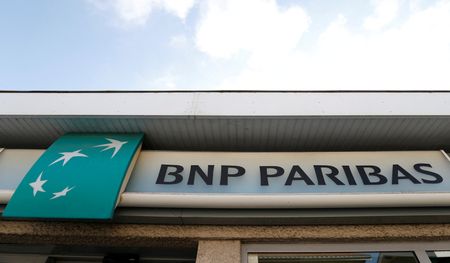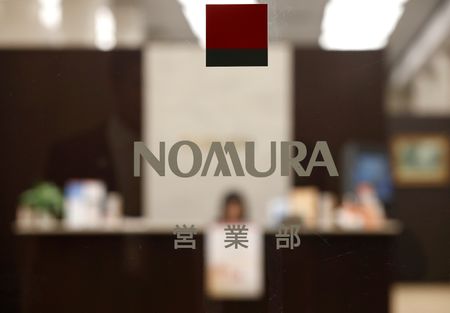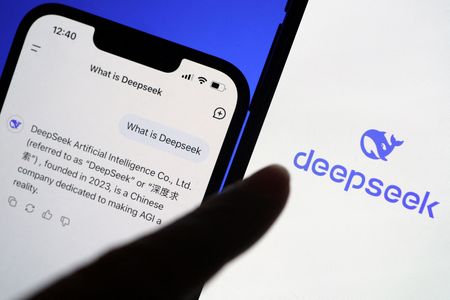By Maki Shiraki and Daniel Leussink
TOKYO (Reuters) -Japan’s Nissan will call off merger talks with rival Honda, the Nikkei newspaper said, abandoning a tie-up that would have created the world’s no.3 automaker and raising questions about how it will drive a turnaround by itself.
Shares in Nissan slid more than 4% before trade was temporarily suspended by the Tokyo Stock Exchange following the report. Shares of Honda continued to trade and finished the day up more than 8%, in a sign of apparent investor relief that the deal would be scrapped.
Honda, Japan’s second-largest car maker, and Nissan, its third-largest, last year said they were in discussions to merge and create the world’s third-largest automaker by sales, bulking up in an industry that faces a vast threat from China’s BYD and other electric vehicle entrants.
But the talks have been complicated by growing differences on both sides, according to two people familiar with the matter, both of whom declined to be identified because they were not authorised to speak to the media.
Reuters earlier reported Nissan could call off the talks. As of late afternoon, its board was still meeting to decide on the course of action, a person with knowledge of the matter said.
Honda had sounded out Nissan about becoming a subsidiary, one of the people said, adding that such an arrangement was a departure from the spirit of discussions originally framed as a merger of equals.
Nissan and Honda said in separate statements that the Nikkei report was not based on information announced by the companies and that they aimed to finalise a future direction by mid-February and announce it at that time.The development raises fresh questions about how hard-hit Nissan could ride out its latest crisis without external help. Nissan is in the middle of a turnaround plan, aiming to cut 9,000 employees and 20% of global capacity.
Honda, with a market value nearly five times bigger than Nissan, was increasingly worried about its smaller rival’s progress on the turnaround plan, said the other person.
The tie-up talks have coincided with the disruption posed by potential tariffs from U.S. President Donald Trump. Tariffs against Mexico would be more painful for Nissan than for Honda or Toyota, according to analysts.
“Investors may get concerned about Nissan’s future (and) turnaround,” said Morningstar analyst Vincent Sun.
“Nissan also has a larger risk exposure to U.S.-Mexico tariffs than Honda and Toyota.”
CONTROL
Nissan has been hit harder than some other carmakers by the shift to EVs, having never fully recovered after years of crisis sparked by the arrest and removal of former Chairman Carlos Ghosn in 2018.
“The news saying that Nissan did not want to be a Honda subsidiary appears to highlight that control was a contentious issue,” said Christopher Richter, Japan autos analyst at brokerage CLSA.
“Without being able to have control, Honda appears to be walking away.”
Nissan’s long-term alliance partner Renault had said it would be open in principle to the merger with Honda. The French automaker owns 36% of Nissan, including 18.7% through a French trust.
Nissan and Honda had initially said they planned to decide the direction of the integration by the end of January, but that was later pushed back to mid-February.
Sources told Reuters last month that Nissan’s smaller alliance partner Mitsubishi Motors, which had considered joining the merger, might not do so.
(Reporting by Maki Shiraki and Daniel Leussink; additional reporting by Rocky Swift; Writing by David Dolan; Editing by Sam Holmes, Lisa Shumaker, Jamie Freed, Sonali Paul and Kate Mayberry)




